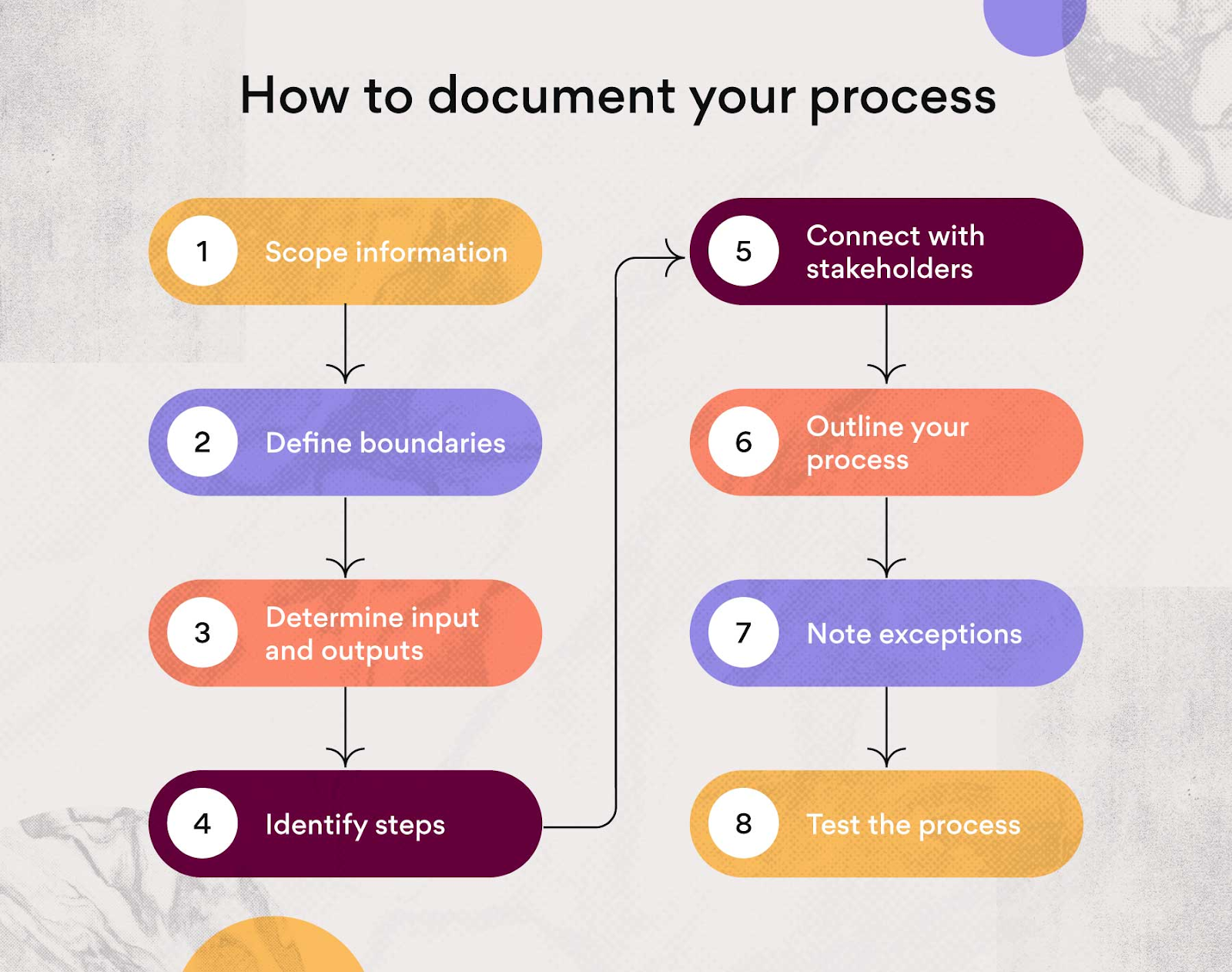7 Essential Documents for Starting a Business Account

Embarking on the entrepreneurial journey of starting a business is both thrilling and intimidating. Apart from a great business idea, understanding the requisite paperwork is crucial to set your company up for success. Here's an in-depth guide on the seven essential documents needed to open a business bank account, ensuring your venture is legally sound and operational.
1. Business License

Before you can dive into the business world, securing a business license is fundamental. This official authorization from your local or state government confirms that your business has met legal requirements and can operate within your jurisdiction. Not only does it legitimize your enterprise, but it’s also often a prerequisite for obtaining a business bank account.
Key Steps to Obtain a Business License:
- Identify the Requirements: Depending on your location and the nature of your business, the requirements for a business license can vary.
- Complete Applications: Fill out the necessary forms with accurate information about your business structure, ownership, and operations.
- Pay Fees: Most licenses require an application fee.
2. Employer Identification Number (EIN)

The Employer Identification Number (EIN) is akin to a social security number for your business. Provided by the IRS, this unique identifier is essential for tax purposes, hiring employees, and opening a bank account. Even if you operate a sole proprietorship, obtaining an EIN can simplify your business transactions and banking processes.
How to Apply for an EIN:
- Visit the IRS website and use the EIN Assistant tool to apply online.
- Fill out Form SS-4 if you prefer to apply by mail.
3. Business Registration Documents

Your business must be officially registered, which includes defining its legal structure. This could be as a sole proprietorship, partnership, LLC, or corporation. Registration documents prove your business's existence and its commitment to comply with legal formalities.
| Business Structure | Registration Requirements |
|---|---|
| Sole Proprietorship | No formal registration needed in most states, but DBA might be required. |
| Partnership | File a Certificate of Partnership |
| LLC | Articles of Organization |
| Corporation | Articles of Incorporation |

4. Operating Agreement or Partnership Agreement

LLCs and Partnerships require an agreement outlining the internal operations, member/partner roles, profit sharing, and dispute resolutions. While not always required to open a bank account, banks might request this document to understand the structure of your business better.
5. Articles of Incorporation or Organization

These documents are pivotal for corporations and LLCs as they define the purpose of the entity, its location, and its registered agent for legal service. They’re essential for establishing your business’s legitimacy and structure.
What Should Be Included:
- Business Name
- Registered Agent Information
- Statement of Purpose
- Member/Shareholder Information
6. Proof of Address

Just like personal accounts, banks need to know where your business is physically located. This can be a utility bill, lease agreement, or any official document showing your business address.
🏠 Note: Ensure your business location is zoned appropriately for your type of operation.
7. Personal Identification

Despite the business account being separate from your personal finances, banks require personal identification to verify the identity of the business owners or signatories. This step is crucial to prevent fraud and money laundering.
Required Documents:
- Driver's license or passport
- Social Security Number
Wrapping Up Your Business Account Setup

After navigating through these documents, you're closer to establishing a business bank account, a key step in your entrepreneurial journey. Understanding and preparing these documents not only simplifies banking processes but also lays a robust foundation for your business's future. Each document serves a purpose in protecting your business, ensuring compliance, and facilitating smooth operations. By keeping accurate records and ensuring all legal requirements are met, you're setting the stage for success in the dynamic world of entrepreneurship.
Do I need all these documents to open any business bank account?

+
Not always. Some banks might have different requirements, but having these documents ready ensures you’re prepared for any banking institution’s needs.
What if I operate a sole proprietorship without a DBA?

+
Many banks might require a DBA to open an account if your business name differs from your personal name. Check with your bank for specific requirements.
How often do these documents need to be updated?

+
While most documents like EIN and Articles of Incorporation are one-time filings, keeping your bank updated on any changes to your business structure or address is wise.
Can I use the same bank for my personal and business accounts?

+
Yes, you can, but it’s often recommended to separate personal and business finances for clarity and legal protection.



